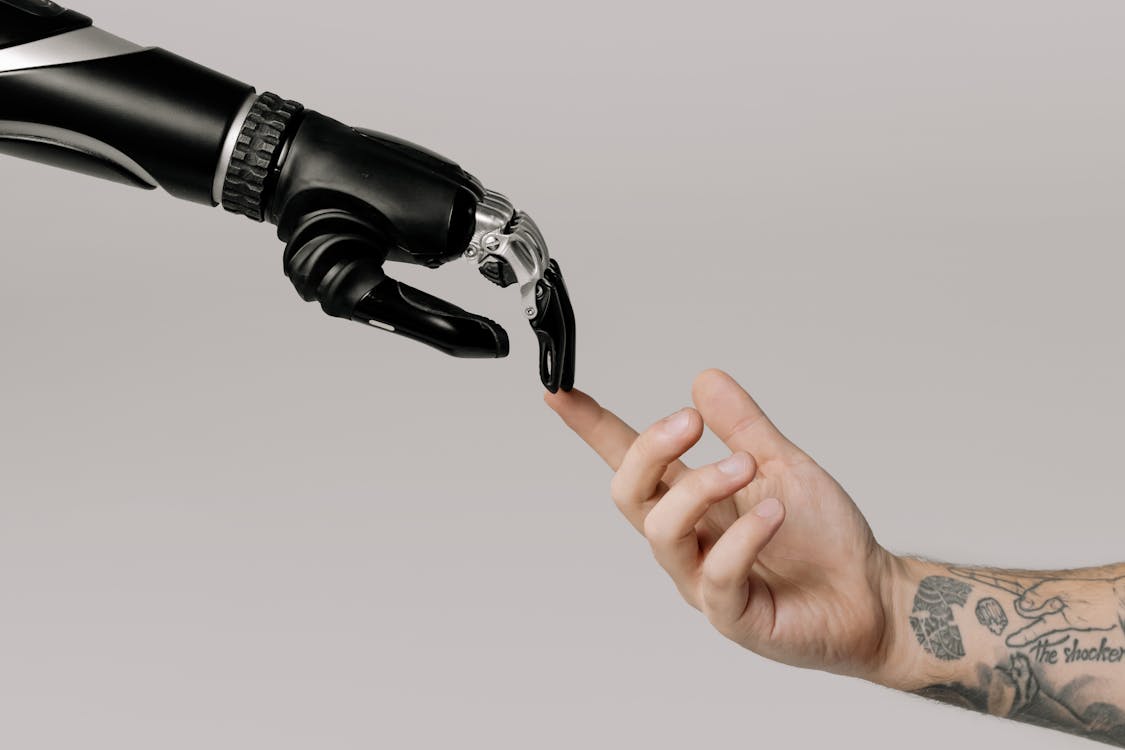Artificial Intelligence (AI) has permeated every aspect of our lives, from the smartphones we use to the healthcare systems that diagnose diseases. While AI brings enormous benefits, it also raises concerns about security. Protecting AI systems from vulnerabilities and potential misuse is essential in our increasingly AI-dependent society.
AI in Society: An Overview

AI technologies are now woven into the fabric of modern society. They analyze data, automate tasks, and make decisions in various domains. Here are some prominent areas where AI is making an impact:
1. Healthcare: AI is employed for diagnosing diseases, drug discovery, and even predicting patient outcomes. Personal health data is heavily processed by AI algorithms.
2. Finance: AI is used for algorithmic trading, fraud detection, and credit risk assessment. Millions of financial transactions rely on AI systems.
3. Autonomous Vehicles: Self-driving cars and drones are becoming more common, utilizing AI for navigation and decision-making. Safety is a top concern.
4. Education: AI-driven educational software personalizes learning, but it also collects data on students.
5. National Security: AI is used for surveillance, border control, and even in military drones.
AI Security Challenges in Society
While AI has made many aspects of life more convenient, it also presents several security challenges:
1. Data Privacy: AI requires extensive data, often personal and sensitive. Ensuring data privacy and preventing unauthorized access is crucial.
2. Bias and Fairness: AI systems can inherit biases from their training data, leading to discrimination. Ensuring fairness in AI decisions is a significant challenge.
3. Cybersecurity: AI systems themselves can be vulnerable to cyberattacks. Malicious actors may manipulate AI models to make harmful decisions.
4. Accountability: When AI systems make decisions, it’s often challenging to determine who is responsible for their actions.
AI Security Measures in Society

Addressing the security challenges posed by AI requires concerted efforts in various domains:
1. Data Protection: Employing strong encryption and access controls to protect data is fundamental. Sensitive personal information should be anonymized or pseudonymized when possible.
2. Robust Algorithms: Developing AI algorithms that are robust to adversarial attacks is essential. AI models need to be rigorously tested and audited for vulnerabilities.
3. Explainable AI: Ensuring AI models are explainable, so that their decisions can be understood and interpreted, is vital for transparency and accountability.
4. Regulation and Compliance: Governments and regulatory bodies are developing frameworks to ensure AI systems comply with ethical and legal standards.
Real-World Implications
AI security isn’t just a theoretical concept; it has real-world implications:
1. Healthcare Security: Patient data stored in electronic health records is highly sought after by cybercriminals. AI security is essential to safeguard this sensitive information.
2. Autonomous Vehicles: Self-driving cars must be protected against hacking and adversarial attacks to ensure passenger safety.
3. Cybersecurity: AI is a double-edged sword in the world of cybersecurity. It’s used both to detect and prevent threats and to conduct sophisticated attacks.
4. Ethical Concerns: Ensuring that AI is used ethically, particularly in areas like criminal justice and hiring, is an ongoing challenge.
AI Security in the Future

AI security concerns are expected to evolve over time:
1. Quantum Computing Threat: The rise of quantum computing could potentially break current encryption methods, posing new challenges for AI security.
2. AI-Enhanced Cyberattacks: Malicious actors may use AI to launch cyberattacks, making them more sophisticated and harder to detect.
3. Ethical AI: Striking the right balance between AI utility and ethical use is an ongoing challenge, requiring the integration of AI ethics into development processes.
The rapid integration of AI into society has brought about an equally rapid need for AI security. As AI continues to shape our future, safeguarding data, systems, and individuals from vulnerabilities and threats remains paramount. Achieving this goal requires collaboration between governments, industries, and individuals to ensure AI is used responsibly and ethically while reaping the benefits of this transformative technology. In the end, AI security is not just a matter of technology but a reflection of the values and priorities of our society.





